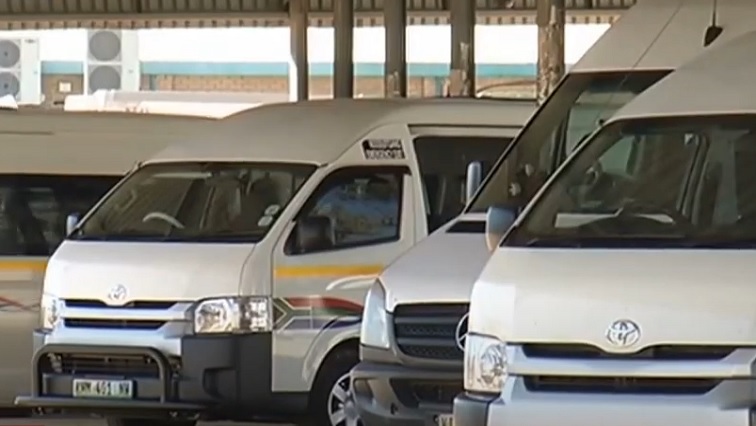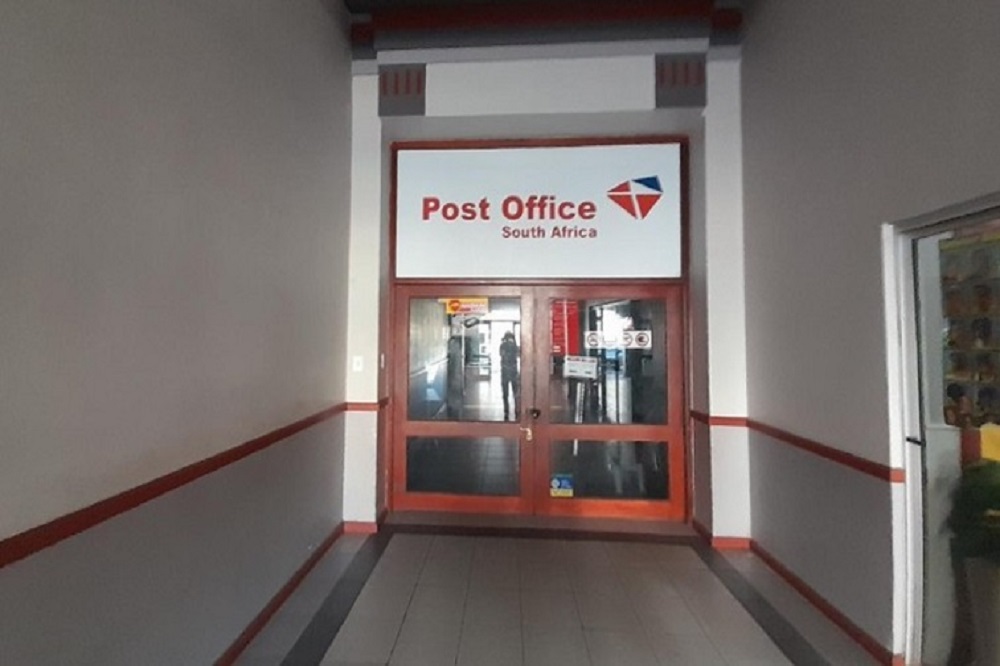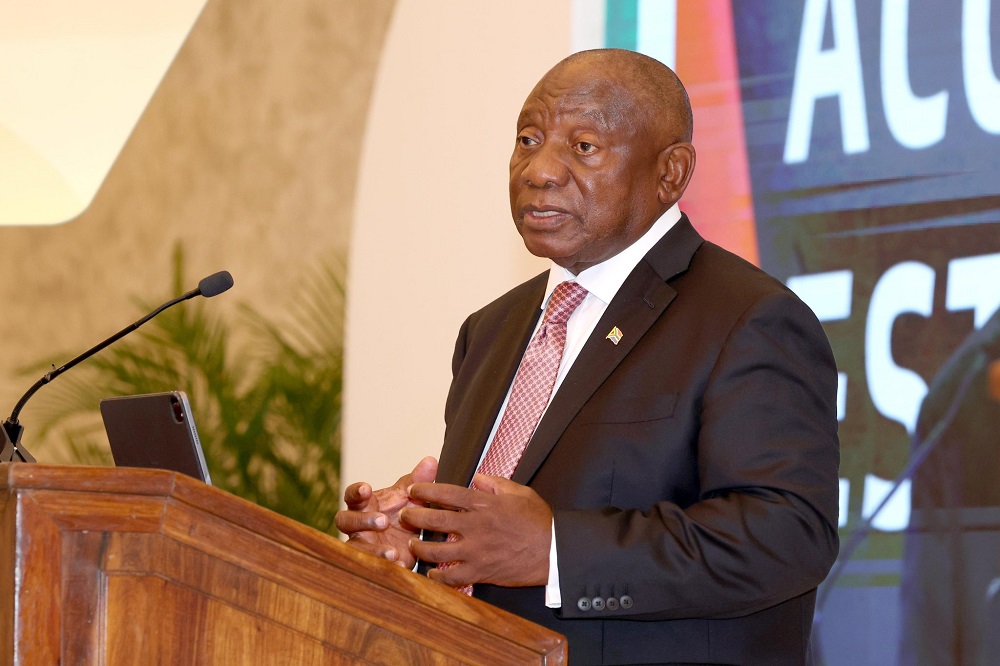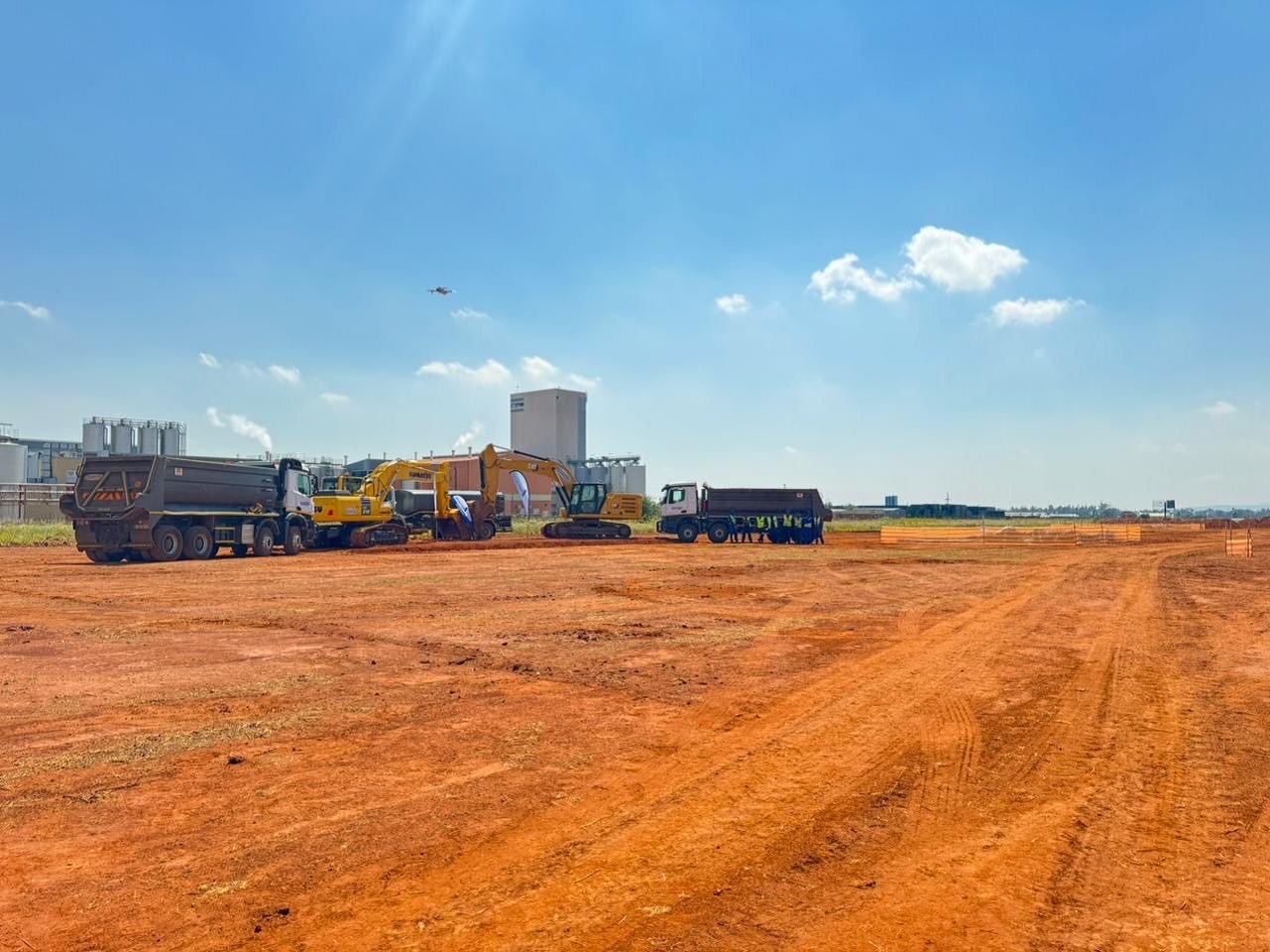-
Taxis at a rank
The taxi industry in Limpopo is optimistic that the 2025-26 budget allocations for the province will cover improvements in road infrastructure. The South African National Taxi Council (Santaco) has shared its expectations ahead of the budget that will be delivered by Treasury MEC, Kgabo Mahoai on Tuesday.
The taxi industry in the province will be attentively listening during the tabling of the R85 billion provincial budget.
Taxi operators’ expectations in the budget include more money for road infrastructure.
The overall infrastructure budget in the previous budget stood at a staggering R7,8 billion, with close to R63 million going to priority projects in the transportation sector.
Limpopo Santaco Spokesperson, Frans Ngoepe, hopes the budget allocation for the maintenance of roads will increase.
“The route is not good. If they can increase the budget for road infrastructure maybe the Department of Public Works can go and fix our roads,” he says.
Taxi operators at the bustling Seshego-Polokwane taxi rank agree that the cost of living remains high.
Seshego-Polokwane Taxi Association Chairperson, United Nemaungani, says the fares and petrol are adjusted regularly.
Nemaungani says they cannot afford the finance and maintenance of their vehicles.
“Can you believe me that for now, to pay a taxi per month is R15,000 to R70,000 and you can ask yourself, how will you manage to pay for that taxi because we are not being subsidised. There is no aid from the government as far as the taxi industry is concerned. So you end up paying R70 000 because you can take care of your kids and when the bank want to finance you they charge you around R17,000 per month, for plus minus seven years,” says Nemaungani.
Nemaungani says operators deserve a government subsidy as the sector is not profitable due to rising costs. He believes state subsidy can make it possible for the industry to pay tax.
“If they can come up with a mechanism for people to pay the tax, that will be very creative. Up to now, when we take our books to the bookkeepers you find that the money that we are generating you find that 70% of what you are generating it goes to petrol and to pay the driver then it becomes very difficult for a person to pay tax. The money that we are generating, 60% to 80% it goes to petrol. So, that is the challenge. But if the government can come on board when it comes to this thing of regulating taxi fees, I think we can come with a way to pay tax,” he adds.
Rising petrol costs
Also anticipating the budget are some employees, who work for delivery companies. Some of them say that the rising petrol costs negatively impact their commission.
Delivery services in South Africa have become a growing industry. Bikes or scooters have become a common feature on the country’s roads. In Polokwane, 27-year-old Karabo Mabotja relies on the commission he earns from his private delivery company.
Mabotja says he used his savings to purchase a standard bike, which cost R16,000.
Mabotja is the sole breadwinner for his two minor children. He says that he had to make ends meet as he was unemployed.
“Check now, if you have load shedding, you must use petrol for generators. For my job now, I poured R150, this R150 will last me maybe till 16h00. So, I must pour another one. You see that makes me not to make enough commission. I make approximately R200 commission and I use R400 petrol a day,” says Mabotja.
The budget will be tabled at the Limpopo Legislative Chambers, on Tuesday.







